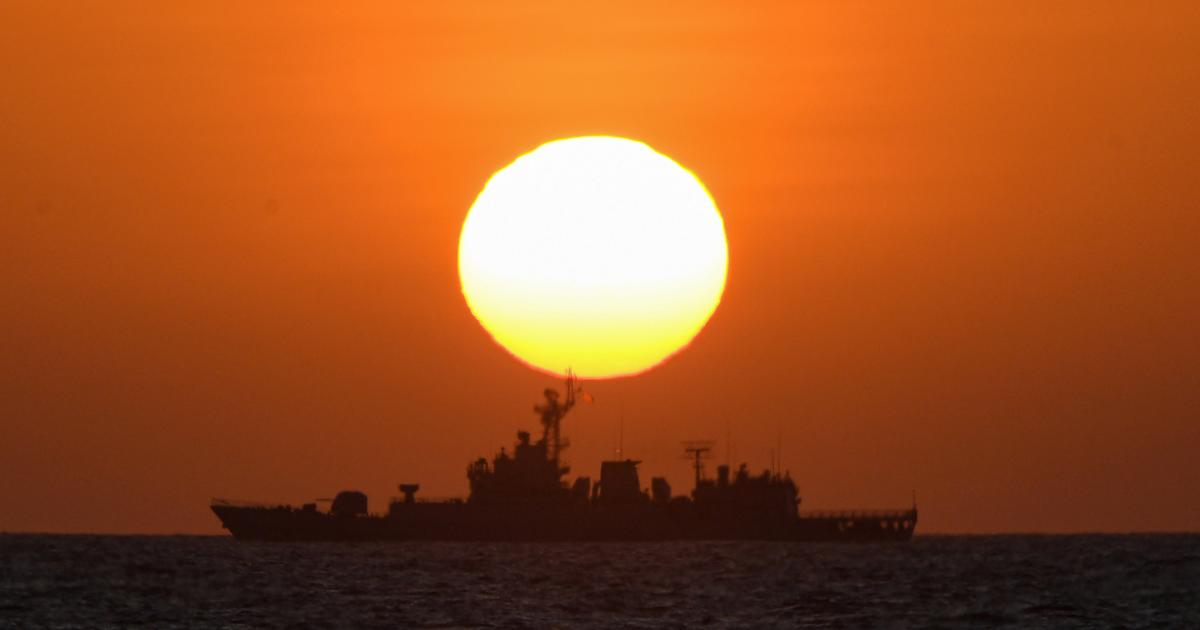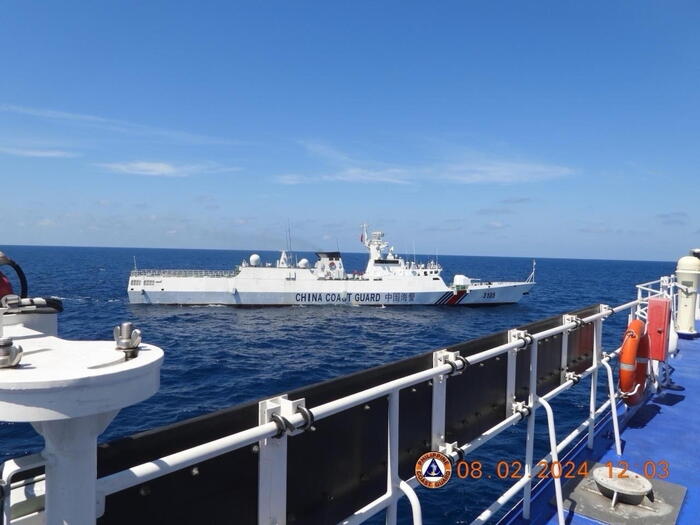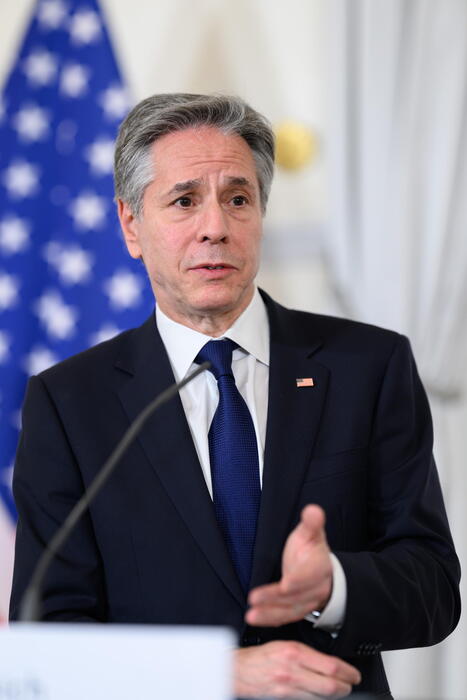Happyland is a place that, unless you were born into it, is difficult to find your way into.
On its outer border there is a wide road like a moat, where trucks leave dust behind them as they pass.
Next to it is a wall of huts and cottages with tin canopies, tents under which dogs are watching, rubbish sorted into types, plastic, cardboard, leftovers, metal, just as if they were border posts piled up into mountains, and colorful posters everywhere. on which politicians promise change and with which the cracks in the concrete of the apartments have been taped over.
Manila is a multi-million city that has grown together from several million cities, 20 million inhabitants, the capital of the Philippines.
Happyland is located at number 105 Baranguay, in Tondo, a neighborhood bordering the industrial port of Manila Bay.
»Hapilan«, which means stinking garbage in the local dialect, it's an inhabited garbage dump;
it is mainly the waste from the city's big fast-food chains that ends up there, gnawed chicken bones, cold rice, fermented salad.
Happyland is a place where a lot of girls become mothers.
The number of so-called teenage pregnancies is high throughout the Philippines, but particularly so there.
The National Commission on Population and Development has labeled teenage pregnancy a "national emergency";
in the years 2009 to 2019, 1.2 million children gave birth in the Philippines.
About 30,000 of these young mothers became pregnant repeatedly.
In a corner of Happyland lives Alondra, who said when she was 16 and five months pregnant, "I'll have my own little angel soon."
In another corner lives Leng, 13 years old, who, when she first felt the movements of the fetus in her womb, said: "I'm really going to be a mother."
The Philippines has one of the strictest abortion bans in the world.
Aborting is not explicitly allowed under any circumstances.
Women who decide not to get pregnant face years in prison, as do doctors who perform abortions.
The legislation is being driven by the Catholic Church, which has massive influence in the country and to which the vast majority of the country's 110 million people belong.
Gynecologists say the abortion ban hasn't ended abortion, just an end to safe abortion.
Around 600,000 women search underground every year for ways not to have a child.
They turn to self-proclaimed healers, take uncertified medicines and put up with procedures that threaten their lives.
The number of women who die from unsafe abortions each year is in the thousands, according to estimates by the Guttmacher Institute, a reproductive health think tank.
Bishops come up with the idea of calling pro-condom advocates terrorists.
For a number of years, contraceptives have been freely available to women unless they are under the age of 18.
As Filipino gynecologist Junice Melgar from the Likhaan organization explains, minors cannot take the pill without parental consent.
There have been cases, for example in the city of Mindanao, where you had to show your marriage certificate to buy a pack of condoms in the supermarket.
"And even the existing laws are constantly in danger of being rolled back even further by ultraconservatives and the church," says Melgar.
The ignorance and shame surrounding sex, contraception and birth control are so great that many young people continue to have sex without protection.
Alondra
Alondra is sitting on a wooden bench in front of her hut at the end of April.
She is wearing red leggings and a pink shirt that says »take up a new habbit, take shopping«.
She put her hair back, she is 19 years old.
She has twelve siblings and grew up in an apartment not far away.
She tells about her husband, Alfredo, who is a construction worker, three years older, and away from seven in the morning until five at night every day.
They met when Alondra was 14 and Alfredo was visiting.
They loved each other right away, but they didn't know anything, says Alondra.
When her period stopped, she asked herself: Is this normal?
She took a pregnancy test.
Went to the doctor.
She says she was nervous and excited.
How is birth?
When she was 16, her son, Alexander, her angel, was born.
The way Alondra is sitting there on the bench, one knee drawn to her chest, in the middle of what's happening, in everyday life, doesn't suggest that she gave birth to her second baby five days before we met.
Then Alondra's little sister, herself a mother of two, arrives with a bundle of white towels.
She puts it on Alondra's arm.
Five-day-old son Aldrin, born: April 18, 2022, 7 a.m.
Alondra, Alfredo, Alexander, Aldrin.
You are now four.
The birth was more violent this time, says Alondra.
Her sister took her to the nearest public hospital.
Alondra has had a hormone patch on her upper arm for two days.
The local NGO Likhaan gave her that.
It works like a pill, preventing further pregnancy.
Alondra says, 'I could have had the Band-aid before;
but my family says that having children is part of living with a man.”
Since the pandemic, their money has become so tight that they cannot afford another child for the time being, says Alondra.
Her husband earns 3,000 pesos a week, which is 50 euros.
You borrow money.
No one ever spoke to her about contraception, and she didn't dare ask about it;
then the NGO came to Happyland.
Now many of her friends wear such a patch on their arm.
The people from Likhaan have moved into a small infirmary in Happyland, where they conduct education, check-ups, urine and blood tests.
They say their biggest difficulty is convincing the girls in Happyland to use the hormone patches or other forms of birth control
before
they are pregnant for the first time.
To make it clear to them that having a baby at 13 or 16 or 18 means that you can't finish school, you can't start a job.
Earn no money, get no freedom.
In Happyland, many believe that having a boyfriend means getting pregnant.
Many older people said to young people: having a child is a gift from God that must be accepted.
The young men found that having a child is part of being a man.
What nobody says: Pregnancy and childbirth are incredibly dangerous for underage girls with their bodies not yet fully grown.
They are among the main causes of death in this age group.
ling
Leng, a girl who many in the neighborhood say is a beautiful girl, says she theoretically knew she could get pregnant.
But she didn't use contraception because she didn't know how to use contraception.
Leng is 13 years old and in sixth grade.
She says she's glad classes are still online because of Corona because what if her classmates saw her stomach?
Leng is six months pregnant when she invites us to her apartment in April.
The baby is due to be born at the end of July.
It's the cabin of her boyfriend Jasper who is 19, they live in an upstairs room.
Leng has to sit a lot because of the heat at this stage of pregnancy.
she is sweating
Her stomach is visible under her red shirt.
There is a bunk bed in one corner of the room, a toilet with a curtain in the other;
what the couple owns they have hung from the ceiling with strings.
The room is dark and stuffy.
A large wooden cross hangs on the door.
There are stairs leading up to the room, Leng is now having trouble taking them, so she hardly ever goes out.
Leng is afraid that people will talk: she is 13. She is pregnant.
Like her mother back then, who gave birth to her child at such a young age.
She was afraid of how her parents would react.
That's why, after her menstruation stopped and the test showed positive, she moved in with her boyfriend.
His parents tolerate the couple, they accept the partnership.
Jasper says he cried when he heard he was going to be a father.
He is nervous and happy at the same time, and proud, too.
He wants to work a lot to make ends meet for his family.
They are loaned baby things that they collect on the window sill: a bottle, a few wipes, a onesie.
According to the World Health Organization, girls who become pregnant before the age of 18 are more likely to drop out of school and less likely to get a job.
You are more likely to be exposed to spousal or intimate partner violence.
Leng says she's still not used to the thought of being a mother anytime soon.
She didn't really want a baby until she was 20.
She says she wanted to be a stewardess, go away and see the world.
Singapore mostly because she heard it was beautiful there.
Leng says they never considered not having the child.
She says, "I'm so afraid of giving birth."
There are many maybes in this story.
Given a choice, would a thirteen-year-old not become a mother, or maybe later?
Would she think differently about the future and what she can do with it if people in power in the Philippines let her?
Maybe then she would find her way out of Happyland.
Making your way to Alondra and Leng across the cardboard floor means asking yourself an outrageous question at some point: Is the birth of a small, new, own child so powerful, especially where everything you've ever been to got hold of, used, soiled, borrowed?
Maybe.
What is certain is that Alondra and Leng have been cheated out of the chance to really make one of the most important decisions of their lives themselves.
This contribution is part of the Global Society project
Expand areaWhat is the Global Society project?
Under the title "Global Society", reporters from
Asia, Africa, Latin America and Europe
report on injustices in a globalized world, socio-political challenges and sustainable development.
The reports, analyses, photo series, videos and podcasts appear in a separate section in SPIEGEL's international section.
The project is long-term and is supported by the Bill & Melinda Gates Foundation (BMGF).
A detailed FAQ with questions and answers about the project can be found here.
AreaWhat does the funding look like in concrete terms?open
The Bill & Melinda Gates Foundation (BMGF) has been supporting the project since 2019 for an initial period of three years with a total of around 2.3 million euros - around 760,000 euros per year.
In 2021, the project was extended by almost three and a half years until spring 2025 under the same conditions.
AreaIs the journalistic content independent of the foundation?open
Yes.
The editorial content is created without the influence of the Gates Foundation.
AreaDo other media also have similar projects?open
Yes.
With the support of the Gates Foundation, major European media outlets such as The Guardian and El País have set up similar sections on their news sites with Global Development and Planeta Futuro respectively.
Did SPIEGEL already have similar projects? open
In recent years, SPIEGEL has already implemented two projects with the European Journalism Center (EJC) and the support of the Bill & Melinda Gates Foundation: the "OverMorgen Expedition" on global sustainability goals and the journalistic refugee project "The New Arrivals ", within the framework of which several award-winning multimedia reports on the topics of migration and flight have been created.
Expand areaWhere can I find all publications on the Global Society?
The pieces can be found at SPIEGEL on the Global Society topic page.












